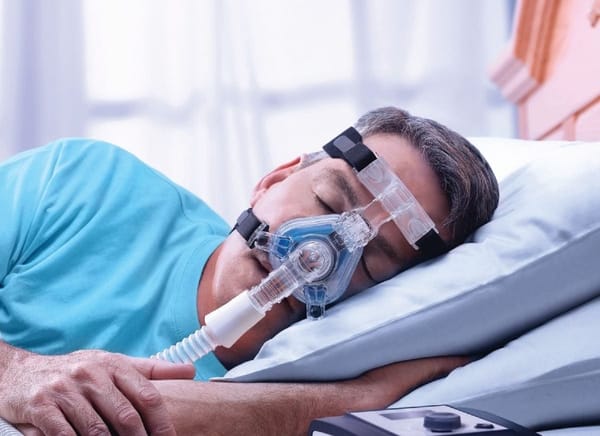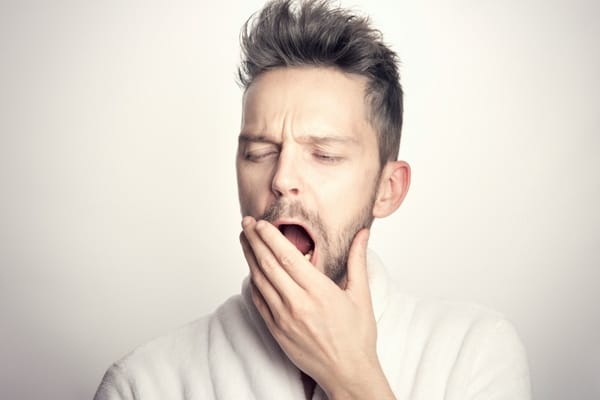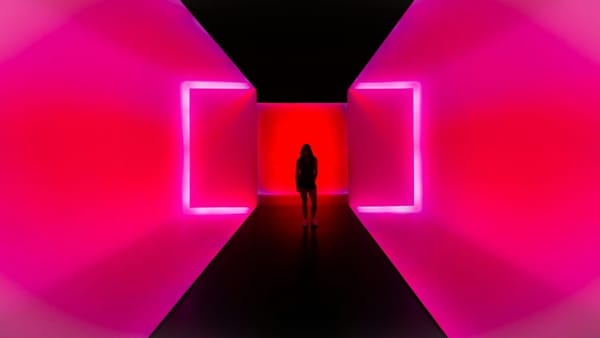According to recent research, caffeine consumption can significantly impact sleep quality, reducing total sleep time by up to 45 minutes and increasing sleep onset latency by 9 minutes. However, the effects vary based on factors like timing of intake, individual sensitivity, and habitual consumption patterns.
Genetic Variability in Caffeine Sensitivity
Genetic variations play a significant role in determining an individual's sensitivity to caffeine. Two key genes associated with caffeine sensitivity are CYP1A2 and ADORA2A[1]. The CYP1A2 gene encodes an enzyme responsible for metabolizing caffeine in the liver, with variations affecting the speed of caffeine breakdown. Individuals with a slow metabolizer variant may experience prolonged caffeine effects and increased sensitivity[1]. The ADORA2A gene influences adenosine receptors in the brain, which regulate alertness and sleep-wake cycles. Certain variants of this gene can lead to a higher number of adenosine receptors, resulting in increased sensitivity to caffeine's stimulating effects[1]. These genetic differences can explain why some people experience more pronounced caffeine jitters or anxiety, while others have a milder response to the same dose[1][4].
Impact of Caffeine on Sleep Architecture
Caffeine consumption has been shown to significantly alter sleep architecture, affecting various stages of sleep and overall sleep quality. Research indicates that caffeine intake can lead to changes in sleep structure, particularly in the duration and proportion of different sleep stages.
A systematic review and meta-analysis found that caffeine consumption increased the duration (+6.1 min) and proportion (+1.7%) of light sleep (N1) while decreasing the duration (-11.4 min) and proportion (-1.4%) of deep sleep (N3 and N4)[4]. This shift towards lighter sleep stages at the expense of deeper, more restorative sleep can potentially impact overall sleep quality and daytime functioning.
Caffeine has also been observed to affect rapid eye movement (REM) sleep. A study using a mouse model revealed that daily caffeine consumption caused a delay in the onset of REM sleep by up to two hours relative to the light-dark cycle[2]. This delay in REM sleep onset could have implications for cognitive functions associated with this sleep stage, such as memory consolidation and emotional regulation.
Furthermore, caffeine intake has been linked to changes in brain blood flow during sleep. Under normal conditions, REM sleep is associated with substantial increases in brain blood flow. However, mice that had consumed caffeine experienced a reduction in brain blood flow while awake and a significant boost during sleep[2]. These alterations in cerebral blood flow patterns could potentially affect the restorative functions of sleep.
It's important to note that the effects of caffeine on sleep architecture can vary based on individual factors such as age, habitual intake, and genetic variability. For instance, older adults may be more sensitive to the effects of caffeine on sleep[1]. Additionally, research suggests that the effects of caffeine are less pronounced in regular coffee drinkers compared to occasional consumers[1].
To mitigate the impact of caffeine on sleep architecture, timing of consumption is crucial. A study found that to avoid reductions in total sleep time, coffee (107 mg per 250 mL) should be consumed at least 8.8 hours prior to bedtime[4]. For more concentrated caffeine sources like pre-workout supplements (217.5 mg), consumption should occur at least 13.2 hours before bedtime[4].
While these findings provide valuable insights into caffeine's effects on sleep architecture, it's worth noting that some research has found less pronounced effects in habitual caffeine consumers. A study on young adult habitual caffeine consumers found that daily daytime intake of caffeine did not strongly influence nighttime sleep structure or subjective sleep quality[5]. However, even in this case, there was a reduction in EEG power density in the sigma frequencies (12-16 Hz) during non-rapid eye movement sleep, which might represent early signs of overnight withdrawal from continuous daytime caffeine presence[5].
Caffeine Withdrawal and Sleep Quality
Caffeine withdrawal can significantly impact sleep quality, though not necessarily in the way one might expect. While insomnia is not a typical symptom of caffeine withdrawal, individuals who abruptly quit caffeine often experience increased drowsiness and fatigue[4]. Withdrawal symptoms typically begin 12-24 hours after cessation and can last for over a week, with the most severe effects occurring in the first couple of days[4]. These symptoms may include headaches, difficulty staying alert, mood changes, and nausea, which could indirectly affect sleep patterns[4]. Interestingly, some research suggests that abstaining from caffeine for a whole day might improve sleep quality, potentially due to the reversal of caffeine's stimulant effects[3]. However, the relationship between caffeine withdrawal and sleep is complex, as caffeine consumption may be both a response to and a cause of fatigue[3].














Member discussion